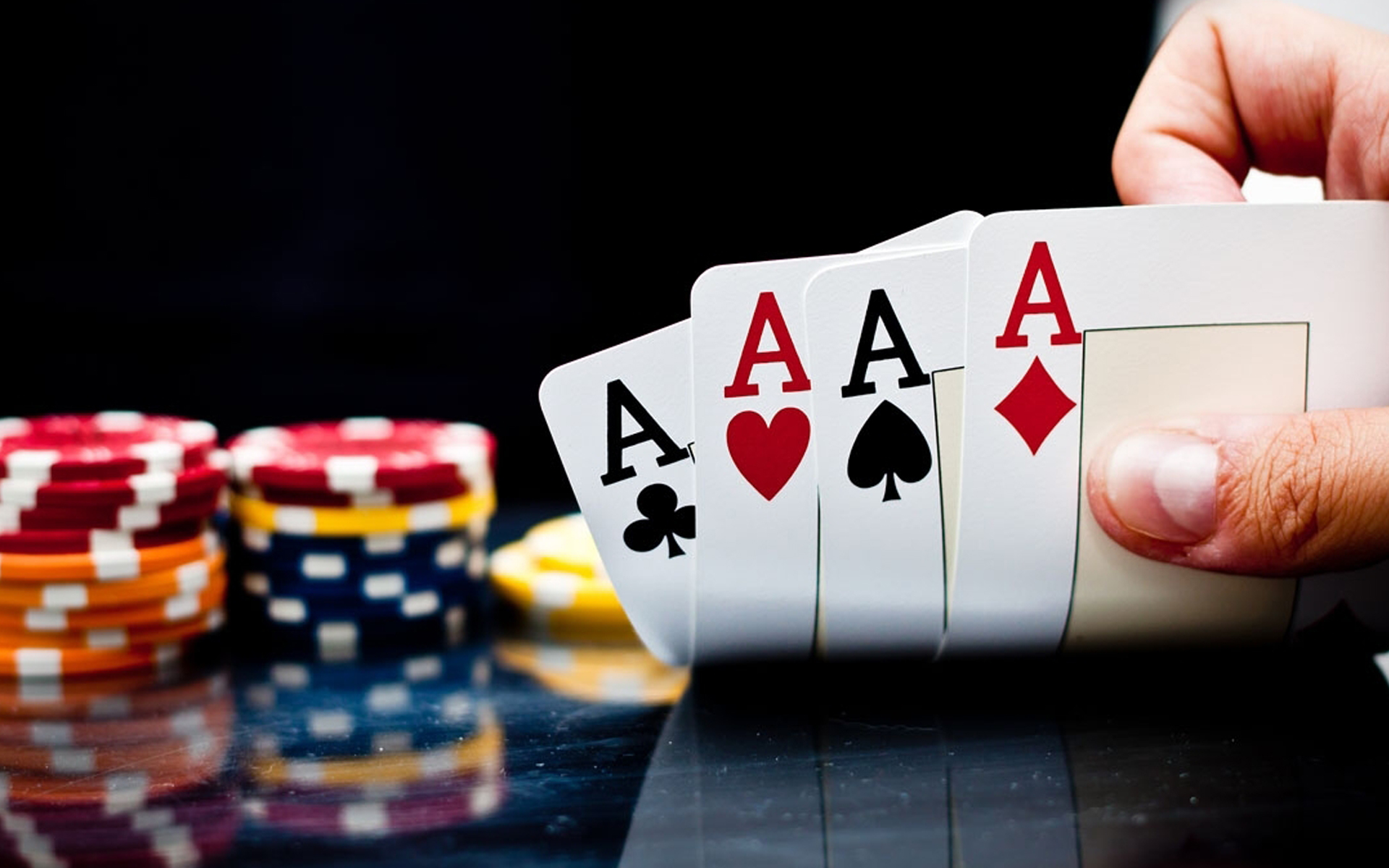This author just read a study today about how one out of 10 compulsive gamblers attempt suicide, many completing the act.
This is not the first study that was read about compulsive gambling and suicide. There are many studies, and many stories and it is truly quite sad. Each story is more tragic than the next, and the stories do not seem to stop.
Gambling addiction has the highest suicide rate of all addictions and has won by a landslide.
Because many people with a gambling addiction do not stop compulsive gambling by not getting help, the addiction becomes out of control.
It is my belief that even when we consider the social, emotional, physical, mental, and spiritual consequences of compulsive gambling, that the financial consequences are most responsible for the suicide.
When an addicted gambler does not stop their compulsive gambling behavior, the financial losses can pile up very fast. It is very easy for a compulsive gambler to build up thousands of dollars in debt in a very short period of time.
Gambling debt can become huge, and for many it may seem like an obstacle that can never be successfully fought.
It is unfortunately very easy this day in age to use credit cards for cash advances to feed a compulsive gambling addiction. Gambling debts can pile up fast and furious and become a burden that the gambler has to face as a consequence of the addiction.
When a gambling addict feels like there is no way out, and does not believe they can ever get help for a gambling problem, suicide can seem like the only solution.
Another way the gambling demon can get you when you do not stop compulsive gambling is heart attack. Many compulsive gamblers are under so much financial stress that they eventually die of a heart attack.
Not sleeping right, not eating properly, depression from gambling, as well as financial stress is a lethal combination for a compulsive gambler.
Health deterioration for a compulsive gambler is a very big problem and it can reduce the life span of the gambler dramatically if they do not quit gambling.
It is a slow, sometimes fast deterioration that can result in death for the compulsive gambler who does not get help.
To stop compulsive gambling, the compulsive gambler has to have a desire to stop gambling. Even when the gambler has a desire to quit gambling and get better, gambling addiction is a very challenging addiction to overcome.
There is help, however, to stop gambling and there are many resources for the addicted gambler to stop compulsive gambling.
Life is better when you stop gambling.












